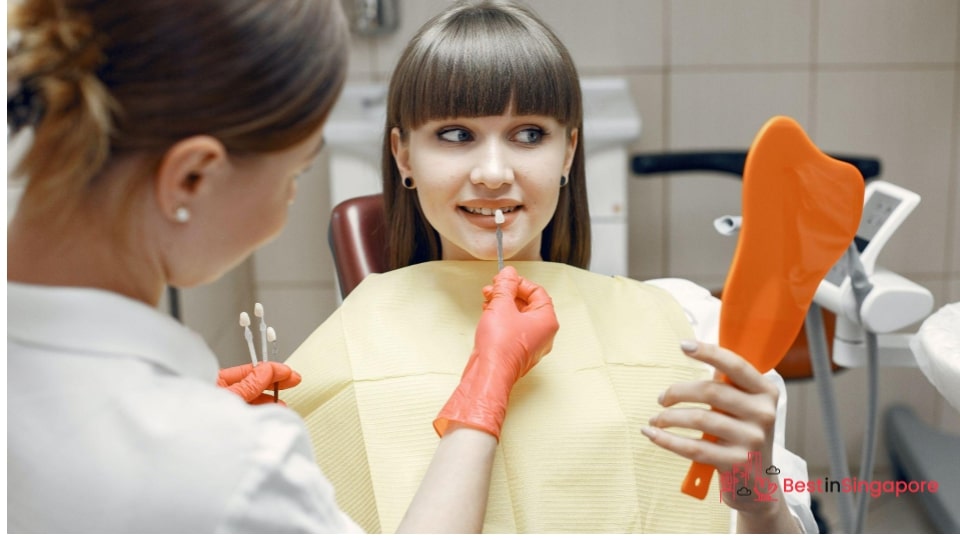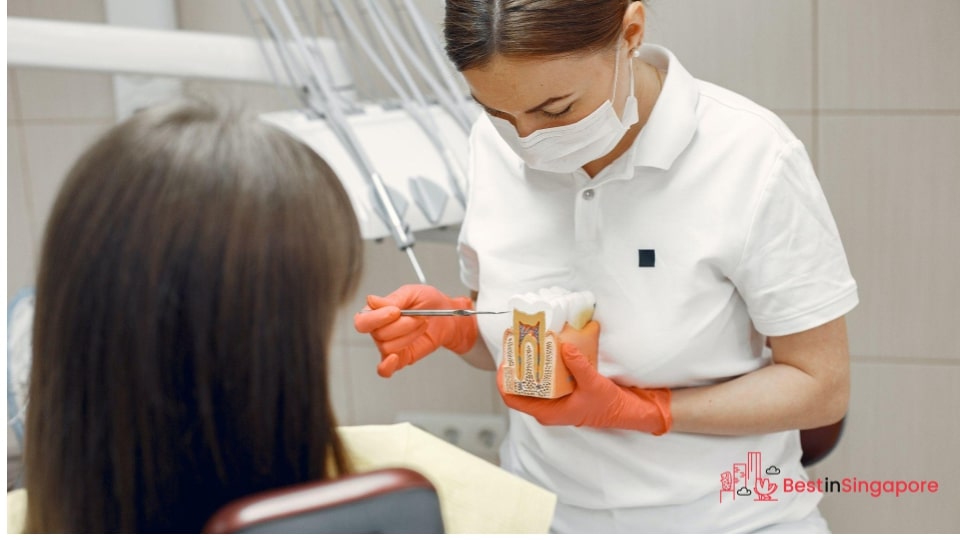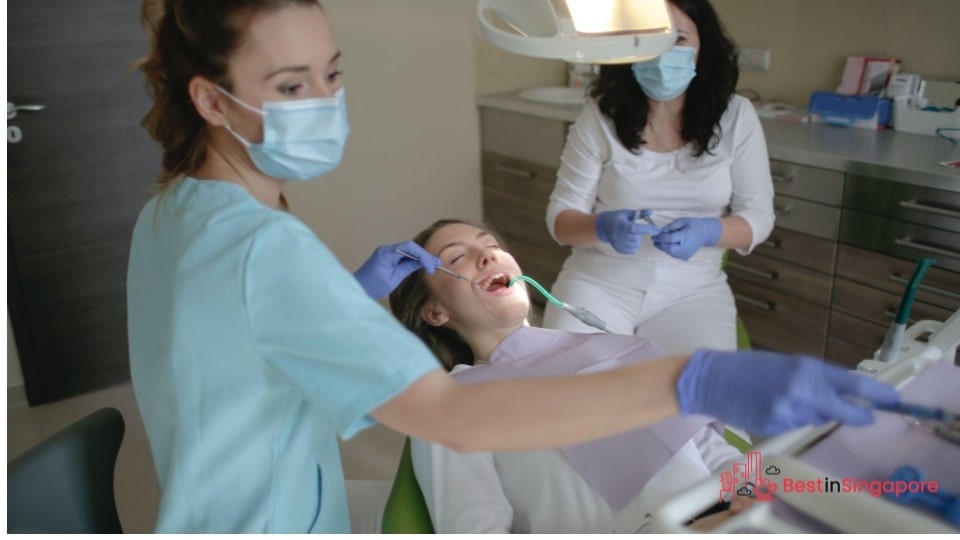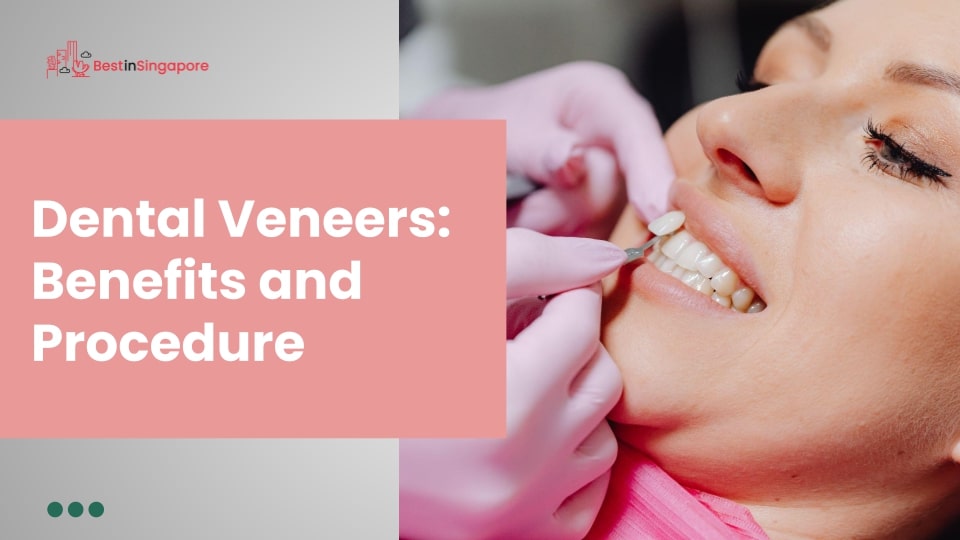Dental Veneers: Benefits and Procedure
Have you been indulging in certain foods your dentist doesn’t want you to eat? Or are you tired of having teeth whitening treatments all the time?
Whatever your reasons are for considering dental veneers, their benefits and procedure should be things to look into. That’s what today’s post will tackle and discuss.
Dental Veneer Benefits

Unlike dental crowns which encase the entire tooth, a dental veneer only covers its frontal surface. It isn’t considered a tooth implant either, as veneers aren’t as invasive as the former.
But unlike teeth whitening procedures, having dental veneers can improve the colour of your teeth and make them more even in the process. That’s why dental veneers are considered the most practical recourse if you don’t like the look of your smile.
It’s also a good recourse if your teeth are giving you speech impediments or difficulty in chewing or eating food. Teeth that’s been worn out by acidic food, drinks, and even stained by tobacco products can be addressed by veneers.
Dental Veneer Longevity

A lot will depend on the kind of veneer you’ll select, but they can be expected to last for at least a decade. And compared to the maintenance of invisible braces, appointments and checkups aren’t as stringent with dental veneers.
Porcelain veneers are considered the standard by most dentists because they’re more durable and can last up to 20 years with proper care. They’re also the most natural-looking among all the veneer types.
For children and teens who have all their permanent teeth but need a boost to their smile (for school picture day or prom), their kids’ dentists might suggest an age-appropriate veneer for them. No-prep veneers are temporary ones that don’t require anaesthetic and are quicker to apply, too.
Dental Veneer Procedure

Though not considered a cosmetic surgery procedure, dental veneers fall under cosmetic dentistry. It picks up where patients fail in basic teeth health care aesthetics such as flossing and brushing to prevent staining and misshapen teeth.
This means your dentist will still need to be consulted to know if this is the right procedure for you. Your teeth will need to be carefully examined to see if they can properly accommodate veneers in the long run.
If your teeth pass muster, your dentist will administer some local anaesthesia to numb the area before part of your tooth’s enamel is removed. A paste that’s strong enough to bond the veneer to your tooth is applied before the dentist shapes it to give it a more natural look and fit.
Dental Veneer Aftercare

You’ll be advised to maintain your regular oral health routine whether it involves an ordinary or an electric toothbrush. Your dentist can give you a schedule for checkups and maintenance to see if the veneer and the tooth under it are still doing fine.
And while the veneer might be resistant to staining, you’ll likely have a longer list of bad drinks for your teeth to avoid after your procedure. You’ll also likely be advised against chewing hard food or to try to get rid of bad habits like nail-biting and opening packages using your teeth.
And if you play sports or grind your teeth while you sleep, you could be prescribed a mouth guard to protect both your teeth and dental veneers, too.


